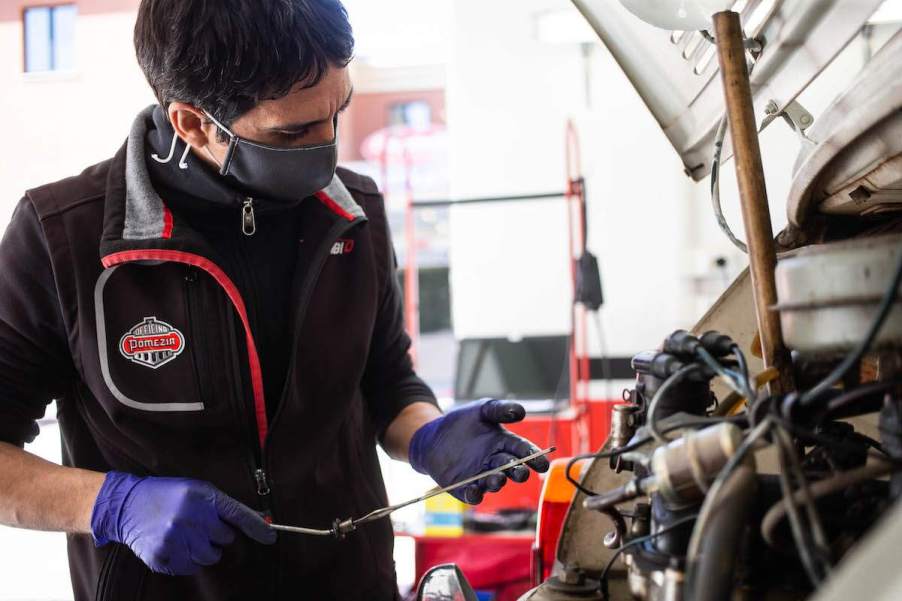
Why Do Recalls Happen?
Product recalls are an important aspect of consumer safety, as they are issued by manufacturers or government agencies to address potential hazards or defects in products that could cause harm to consumers. Staying informed about recalls is crucial to ensuring the safety of yourself and your loved ones.
There are several ways to find out about recalls, such as signing up for manufacturer recall alerts, checking government websites, following news sources, and using recall search engines. Stay informed, you can take the necessary steps to protect yourself and those around you from potential harm.
You may wonder when recalls happen

According to Consumer Reports, recalls happen when a manufacturer or a government agency identifies a potential hazard or defect in a product that could cause harm to consumers. This could be due to various reasons, such as design flaws, manufacturing defects, safety risks, and more. For example, a recall could be issued if a product has a faulty electrical component that poses a fire hazard or if a children’s toy contains small parts that pose a choking risk.
In some cases, recalls are initiated by the manufacturer voluntarily. In contrast, in other cases, they are prompted by government agencies such as the U.S. Consumer Product Safety Commission (CPSC) or the National Highway Traffic Safety Administration (NHTSA). In either case, the goal of a recall is to remove the potentially hazardous product from circulation and prevent it from causing harm to consumers.
The Toyota unintended acceleration recall nearly cost the company its reputation
The Toyota unintended acceleration recall of 2009 to 2010 was one of the largest recalls in automotive history. It was initiated after reports of sudden acceleration in Toyota vehicles, which caused some accidents and fatalities. The root cause of the problem was a combination of factors, including floor mat entrapment, which could cause the accelerator pedal to become stuck, and a design flaw in the accelerator pedal itself that could cause it to stick.
Toyota initially addressed the floor mat entrapment by recalling and modifying the floor mats in affected vehicles. However, further investigation revealed that the design flaw in the accelerator pedal was also contributing to the unintended acceleration. As a result, Toyota recalled millions of vehicles to address this issue, and the company also made changes to the design of the accelerator pedal to prevent it from sticking in the future.
The unintended acceleration significantly impacted Toyota’s reputation, and the company faced multiple lawsuits and investigations as a result. However, the company took steps to address the problem and improve its quality control processes. It has since regained its position as one of the largest and most respected automakers in the world.
The widespread Takata airbag recall had numerous consequences
The Takata airbag recall, which was initiated between 2013 and 2017, was one of the largest and most complex recalls in automotive history. The recall was prompted by reports of airbag inflators rupturing and causing injury or death to vehicle occupants. The root cause was a defect in the ammonium nitrate used as a propellant in the airbag inflators, which could cause them to rupture in the event of a crash.
The recall affected millions of vehicles from various automakers, including Honda, Toyota, Nissan, and Ford, among others. The complexity of the recall was due to the widespread use of Takata airbags as well as the need to identify which inflators were affected by the defect and the fact that the ammonium nitrate could degrade over time, making the rupture risk more severe in older vehicles.
As a result of the recall, Takata faced multiple investigations and lawsuits, and the company eventually filed for bankruptcy. The recall also had a significant impact on the affected automakers, who faced criticism for their handling of the recall and their slow response to the problem.


